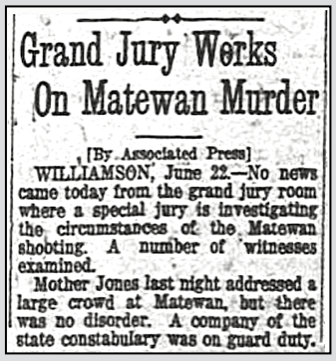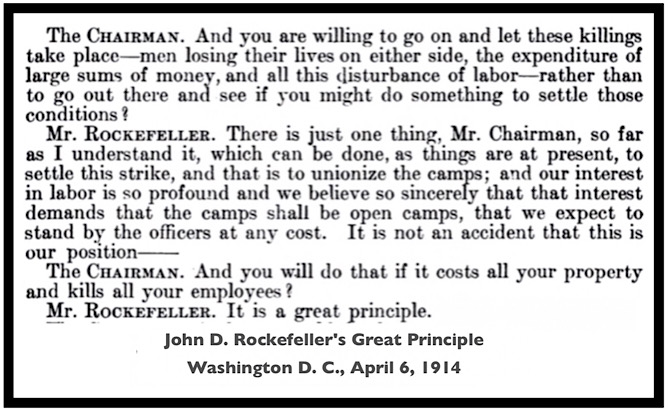 —————
—————
Hellraisers Journal – Sunday April 12, 1914
Washington D. C. – John D. Rockefeller Jr. Testifies Before House Committee
John D. Rockefeller Jr. made his appearance on Monday, April 6th, in Washington D. C., before the Subcommittee of the House Committee on Mines and Mining which is investigating conditions in the coal mines of Colorado. During his four hours of sworn testimony, Mr. Rockefeller stated that the “Open Shop” is a “Great Principle” worth the loss of all of his property in the state of Colorado and the lives of all of his employes.
During his four hours of sworn testimony, Mr. Rockefeller had this exchange with Chairman Foster:
The CHAIRMAN. Do you know about an automobile being armored-built of armor plate being built in your company?
Mr. ROCKEFELLER. It sounds interesting, but I have not heard of it.
The CHAIRMAN. It was built in the shops of the Colorado Fuel & Iron Co.
Mr. ROCKEFELLER. I did not know they produced automobiles as well.
The CHAIRMAN. They put on it machine guns, going around through that country.
Mr. ROCKEFELLER. I thought the idea referred to by Mr. Bowers, of having a number of searchlights was an excellent one, helping to prevent disorder. They could see the country all around.
The CHAIRMAN. Do you know this, that it was testified during the disturbances before the militia was called into the field, the mine guards were then in existence, and trouble took place between the striking miners and the mine guards or deputy sheriffs? Were you informed of that?
Mr. ROCKEFELLER. I did not know that was so, but it is usual where a strike occurs for the company to undertake to protect its men with the local officials, and add to that number before the the militia is called out. I think that is customary.
The CHAIRMAN. Now, then, when the militia was called out, a great many of these mine guards or deputy sheriffs, it was said, were sworn into the service of the State, and they were kept on the pay rolls of the company; for instance, the Colorado Fuel & Iron Co. What is your idea of that? Do you think that makes the militia a nonpartisan preserver of the peace?
Mr. ROCKEFELLER. I should simply say that if the local authorities in any community were unable to or did not render adequate protection to the workers of that district it was the duty of the employers of the labor to supplement that protection in any way they could.
The CHAIRMAN. Well, but if the militia had been called into the field and then the mine guards and deputy sheriffs who had been sworn into the militia were still on the pay roll of the company, drawing their pay from the State and from the company, too, is it your opinion that they would be a nonpartisan protector of the peace of the community?
Mr. ROCKEFELLER. Of course, that is a very extensive country. There are mines in many different places. I do not know that in any case the militia has been sent there in sufficient numbers to cover the entire country.[Photograph and emphasis added.]

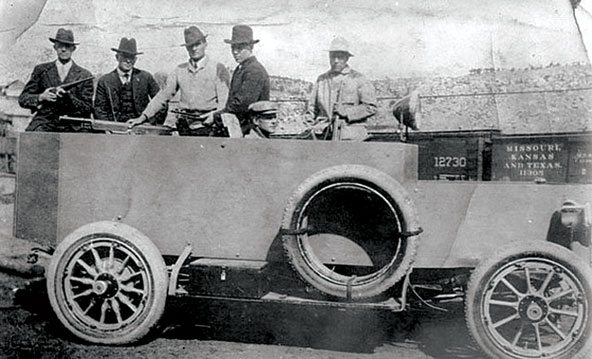
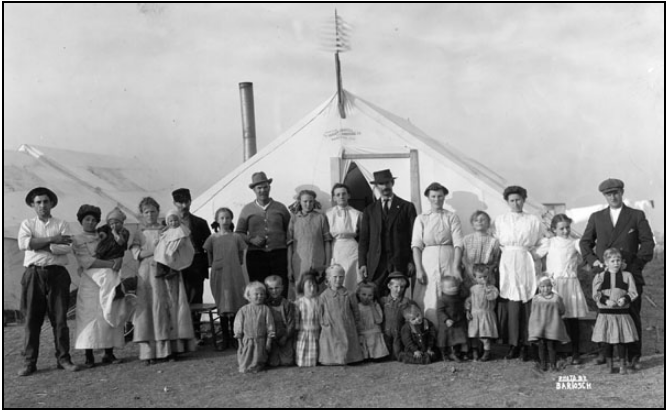
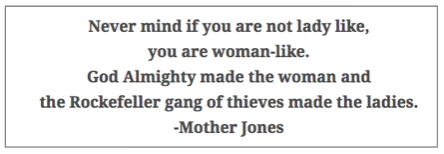 —————
—————
 —————
—————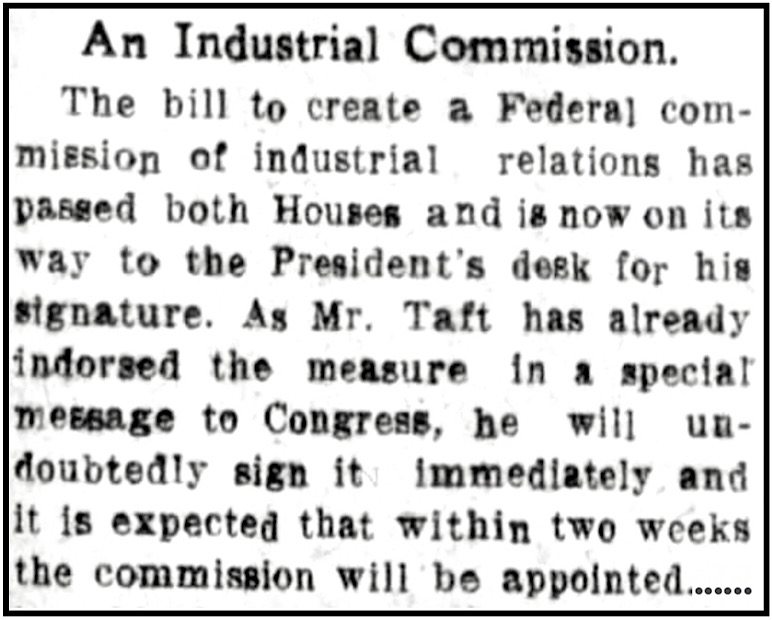
 —————
—————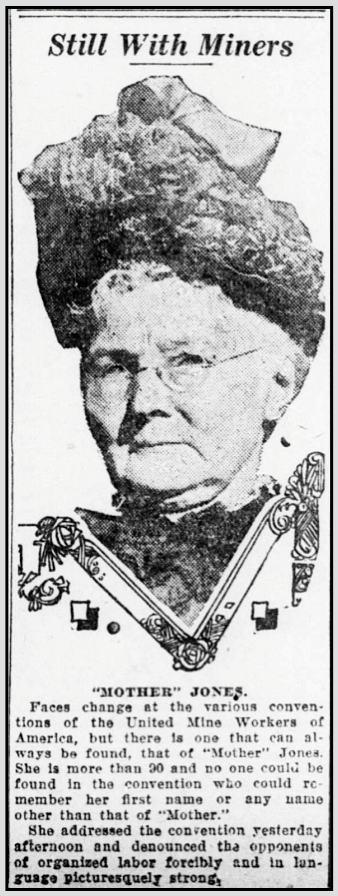
 —————
—————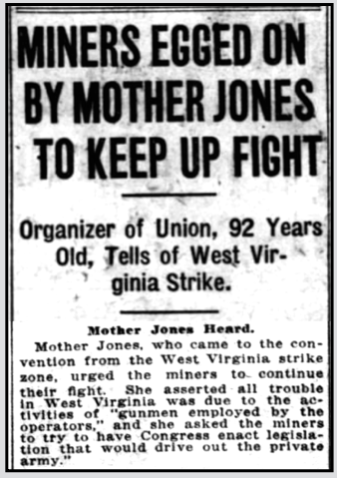
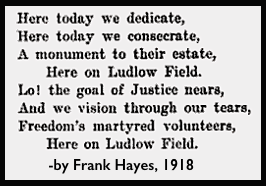 —————
—————
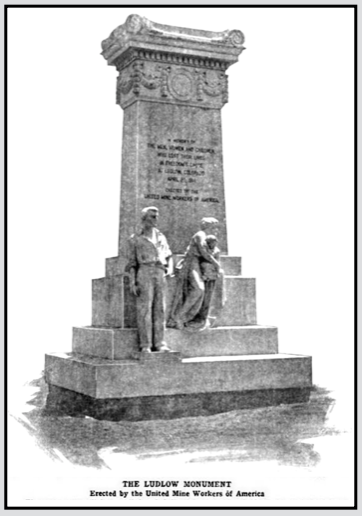
 ———-
———-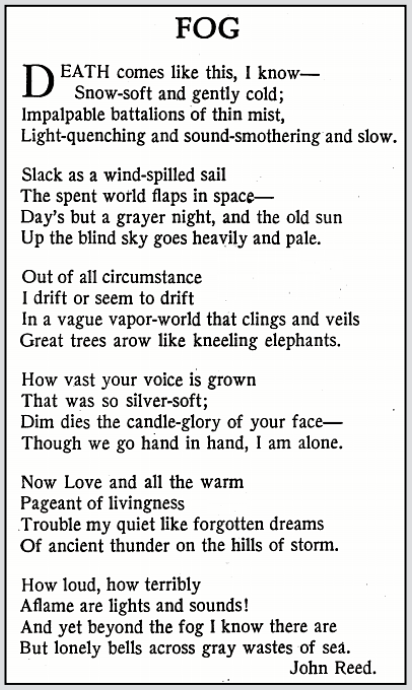
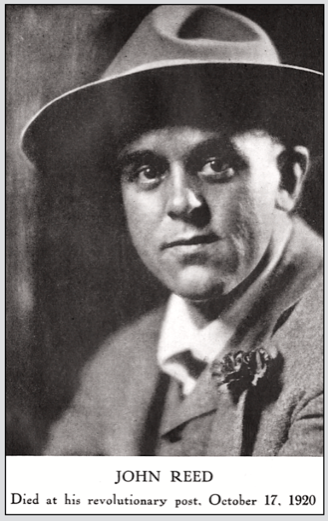
 ———-
———-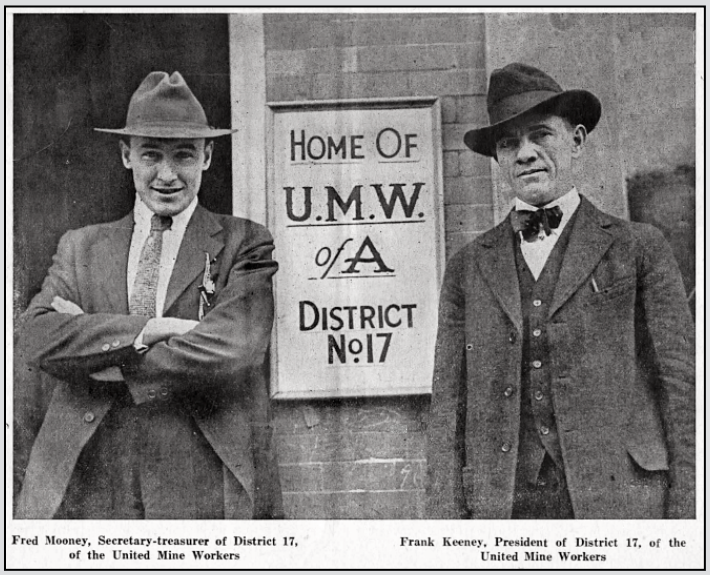
 ———-
———-